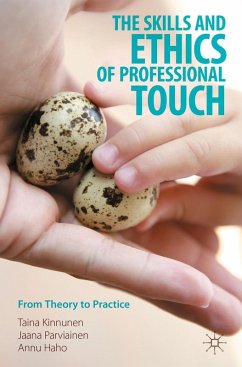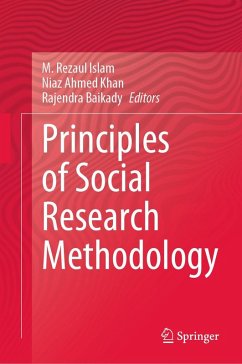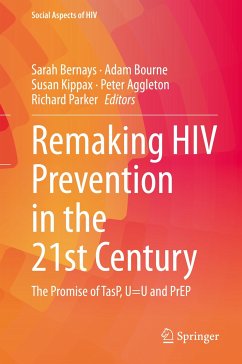
Assessing Social Science Research Ethics and Integrity (eBook, PDF)
Case Studies and Essays
Versandkostenfrei!
Sofort per Download lieferbar
88,95 €
inkl. MwSt.
Weitere Ausgaben:

PAYBACK Punkte
44 °P sammeln!
This book discusses the development of key issues in research ethics relevant for clinical sociologists, concerning client rights to confidentiality, privacy, and informed consent. It describes the US human research protection system used by clinical and applied sociologists, through a history of research ethics, including the landmark Belmont Report and the creation of the regulatory structure of Institutional Review Boards (IRBs) in the United States. It also discusses ethical research systems in other nations like Canada, the UK, Australia and New Zealand. The book provides a comprehensive ...
This book discusses the development of key issues in research ethics relevant for clinical sociologists, concerning client rights to confidentiality, privacy, and informed consent. It describes the US human research protection system used by clinical and applied sociologists, through a history of research ethics, including the landmark Belmont Report and the creation of the regulatory structure of Institutional Review Boards (IRBs) in the United States. It also discusses ethical research systems in other nations like Canada, the UK, Australia and New Zealand. The book provides a comprehensive account of controversial studies in the US, including Milgram's Obedience to Authority, Zimbardo's Stanford Prison Experiment, and the US Public Health Service, and the Tuskegee Syphilis Study, and analyzes how ethical concerns in these studies were or were not resolved.
This book covers a topic of core interest to clinical and applied sociologists and other social science practitioners who do research, as well as students and teachers in research ethics courses in anthropology, psychology, political science, sociology, and philosophy, thereby broadening an awareness of clinical sociology.
This book covers a topic of core interest to clinical and applied sociologists and other social science practitioners who do research, as well as students and teachers in research ethics courses in anthropology, psychology, political science, sociology, and philosophy, thereby broadening an awareness of clinical sociology.
Dieser Download kann aus rechtlichen Gründen nur mit Rechnungsadresse in A, B, BG, CY, CZ, D, DK, EW, E, FIN, F, GR, HR, H, IRL, I, LT, L, LR, M, NL, PL, P, R, S, SLO, SK ausgeliefert werden.












